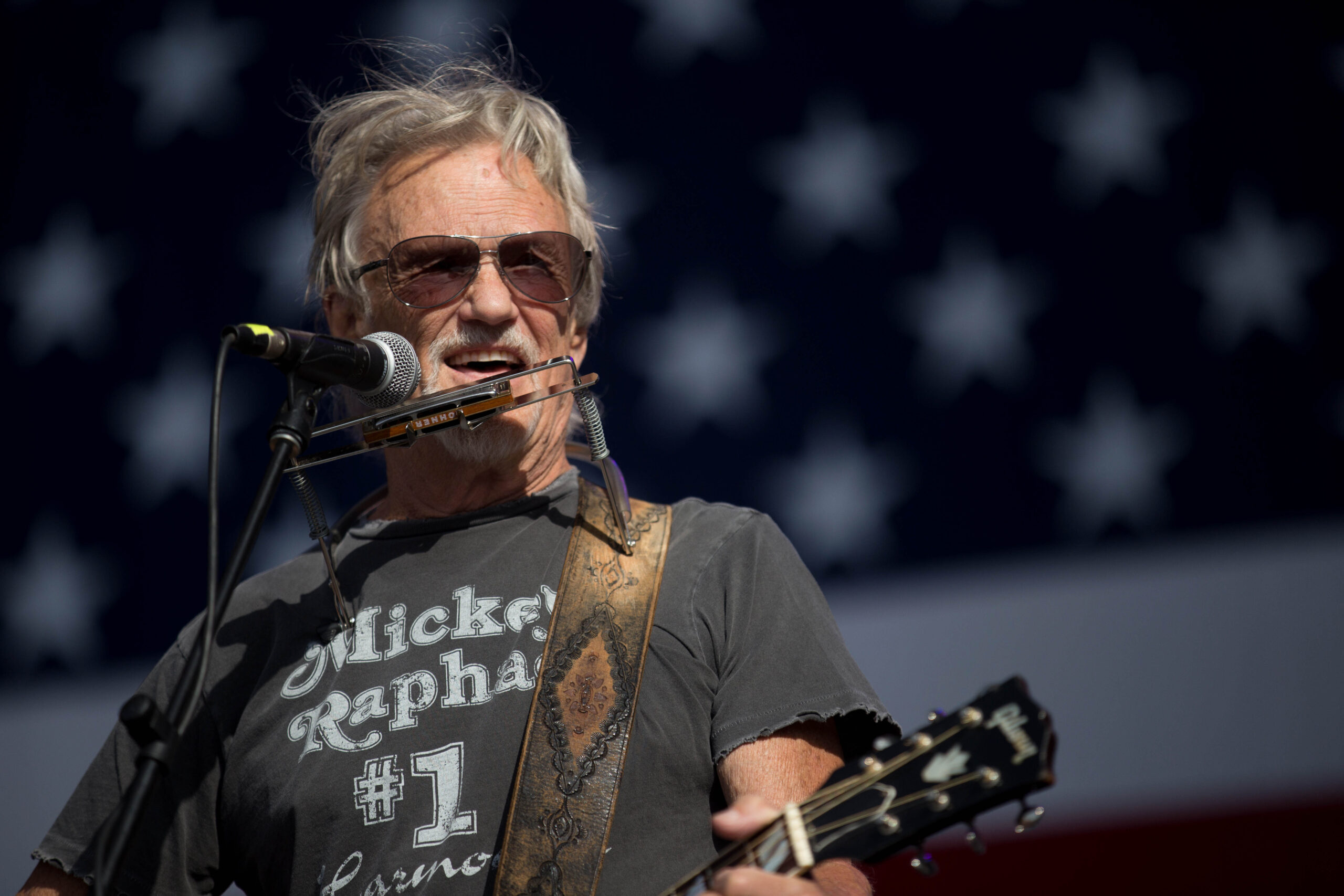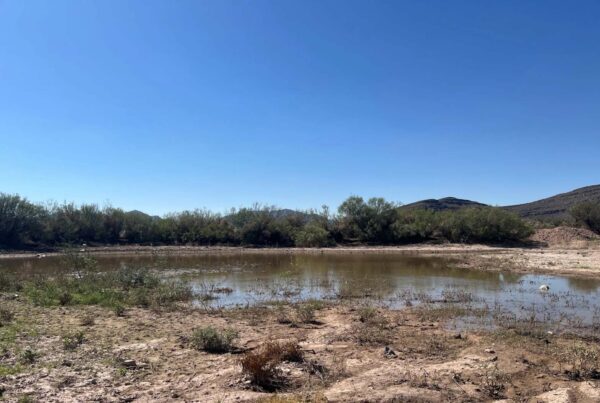Was Kris Kristofferson a legendary songwriter, a craggy-voiced member of the “outlaw” generation of country artists, or was he an actor with nearly 50 films to his credit?
Of course, he was all three.
The legendary artist died at his home in Hawaii, yesterday. He was 88.
Kristofferson was a native Texan, too. He was born in Brownsville, though he mostly lived outside the Lone Star State as an adult. Yet his Texas roots always seemed to show, especially jamming with friends like Willie Nelson and Waylon Jennings as a member of the supergroup, The Highwaymen.
John Spong is a former Texas Monthly senior editor who hosts the podcast “One by Willie.” He joined the Standard to discuss Kristofferson’s legacy. Listen to the interview above or read the transcript below.
This transcript has been edited lightly for clarity:
Texas Standard: Very sad news over the weekend. I mentioned just now that Kristofferson had so many talents, wore many hats. How do you think of him? What first came to mind when you heard the news?
John Spong: “Poet,” honestly. For all the stuff that he did and for all the various reasons we know him, all the entry points – be it the movie career, the singing, the folks he was always running around with – when you get right down to it, the reason we know who he is is because he was a beautiful poet who could get by himself and put words together in a way that really changed country music history.

Kris Kristofferson in the 1970s. Magna Artists, Public domain, via Wikimedia Commons
I wasn’t surprised to see several obituaries reminding us he was a really smart guy, too – Rhodes Scholar, who at one time planned to be a novelist. How do you think that intelligence came through in his work?
Probably a couple of ways. I mean, just the sheer talent to be able to write that well is something that not a lot of folks are born with. But then you mix in the ambition to take it somewhere and the willingness to sit and work on it and get better.
There is a funny comment in one of those obits I saw this morning, too, about how when he came out of Oxford, he was a Rhodes Scholar where he had studied English literature. When he came out of there studying Blake and Yeats and Keats and all those guys, the poetry was a little formal. It was not stiff. It was alive, but it did not necessarily make sense as a country western song. And so that was the training he had. That was how he applied that skill.
And then he started to make the language a little bit more everyman, a little more common, a little more relatable. And what you get then is this music, these words, these stories that you and I can get, but with language that had not been put together that way, and catchy music. And I think about, you know, there’s the lines that everybody knows by heart, like “freedom’s just another word for nothing left to lose.” We’ve heard that so many times, it can be hard to remember just how wonderfully original and singular. That thought was – deep for a country song.
The one I love is at the start of “Lovin’ Her Was Easier,” where he says, “I have seen the morning burning golden on the mountain in the skies.” That is not a honky tonk song from the ’50s. That is something that hadn’t been done before.












